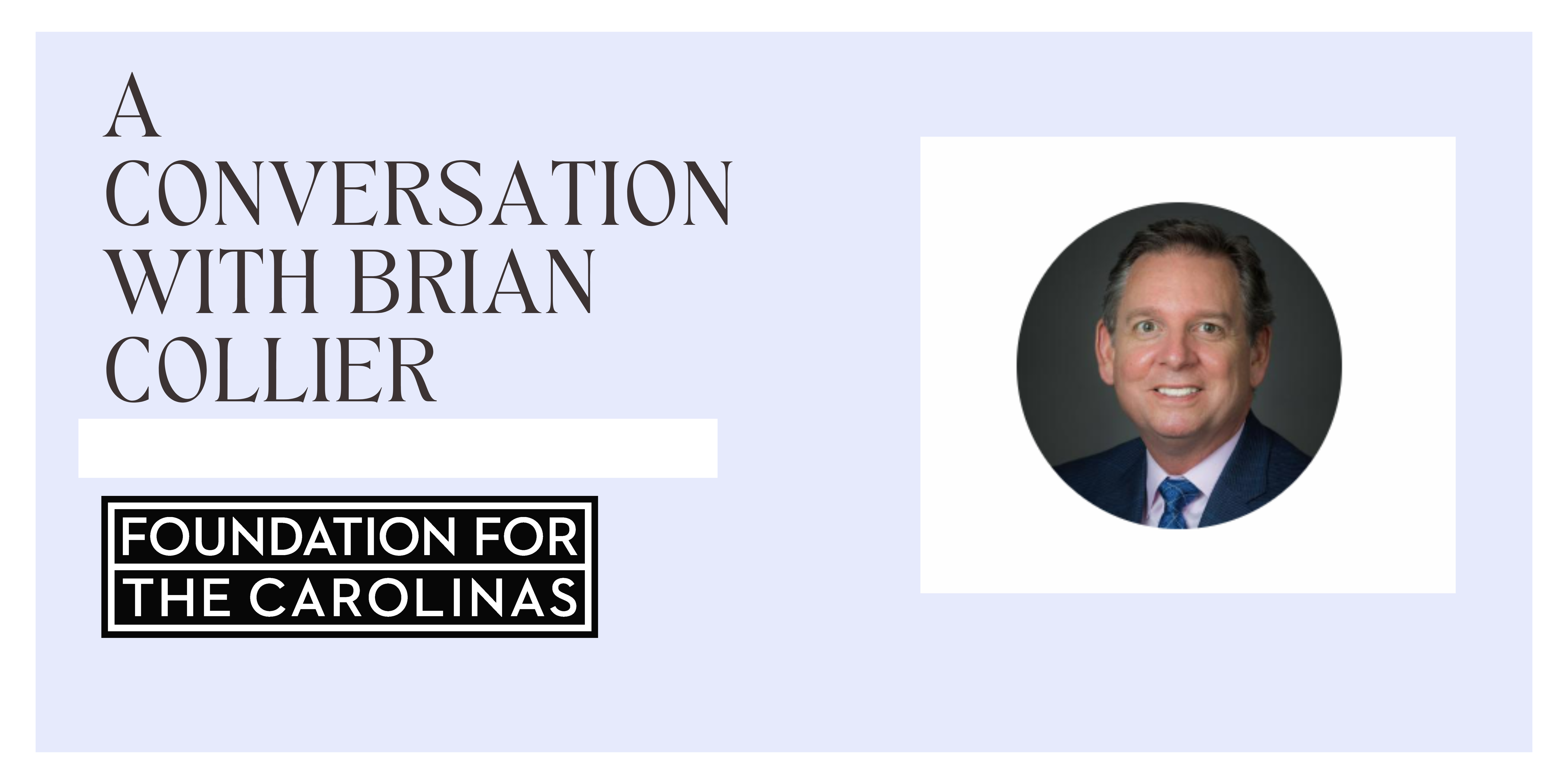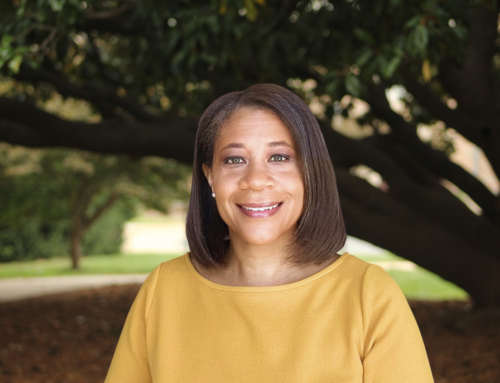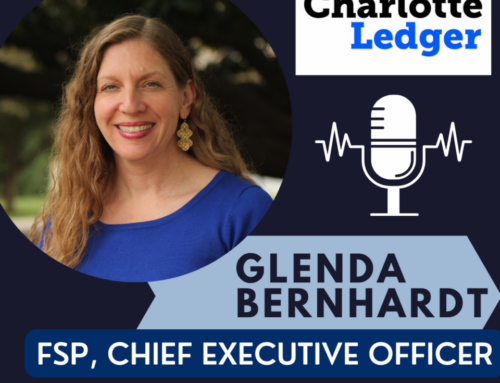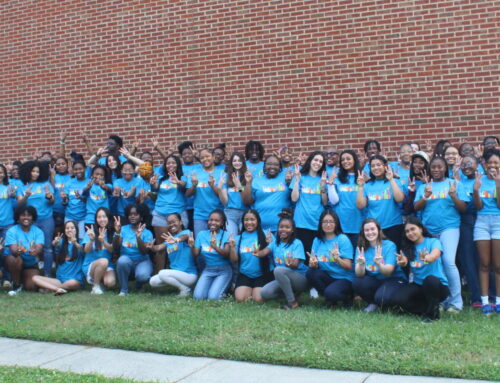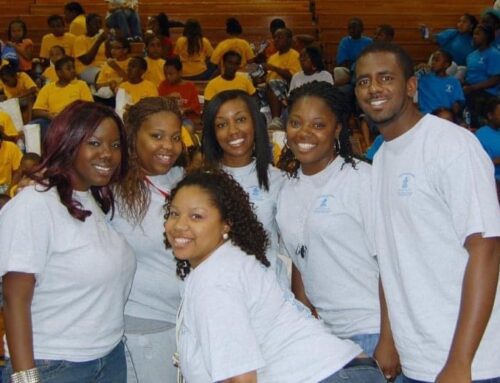We recently had the joy of sitting down with Brian Collier, who is an Executive Vice President at Foundation For The Carolinas (FFTC) located in Charlotte, NC. For over 15 years, FFTC has been one of Freedom School Partners’ loyal and generous supporters. “Our partnership with Freedom School Partners is important to the Foundation because our staff members have the opportunity to give back to the community through volunteering in addition to the grantee component,” states Collier. He continues to emphasize the unique work Freedom School Partners does through not only building a love of literacy targeting scholars K-8, but also the social capital piece. “Freedom School Partners also develops social capital through their work with their Servant Leader Interns, Scholars, Site Coordinators, and Regional Managers. They engage at all levels through their program.”
Strengthening communities is integral to the work of the Foundation. When asked how Freedom School Partners contributes to that process, Collier highlighted three tangible ways this is seen. “Freedom School Partners builds a better community, through social capital, a love of reading, and ensuring that the community, that we, look at the love and joy of reading as legitimate outcomes.”
Civic engagement is another important pillar for FFTC. All the work that the Foundation does, from grant making, diversity in board representation, and understanding the actual needs of the community through routinely meeting with organizations, is connected to their commitment to civic engagement.
“Civic engagement is supporting initiatives that are reaching the community. Building a mosaic of what the community is trying to tell us. It’s the difference between just developing a grant and seeing the challenges on the ground on every level. Freedom School Partners is on the front lines serving families, children, and college students. They’re actually doing the work and then reporting back to the Foundation what the needs really are.”
When it comes to a love of learning, Collier responds from his personal perspective. For him, a love of learning means to be the most curious person in a room which allows you to connect with people you wouldn’t be able to otherwise. From a professional point of view, Collier hones in on the goal of the philanthropic work. “How can organizations inspire a sense of wonder in a child? To open a sense of possibility and show the beauty that exists inherently in everyday things.” Collier believes that there is a power in being curious and that each scholar needs to have an opportunity to realize that the way they see the world is important, does not limit their possibilities.
